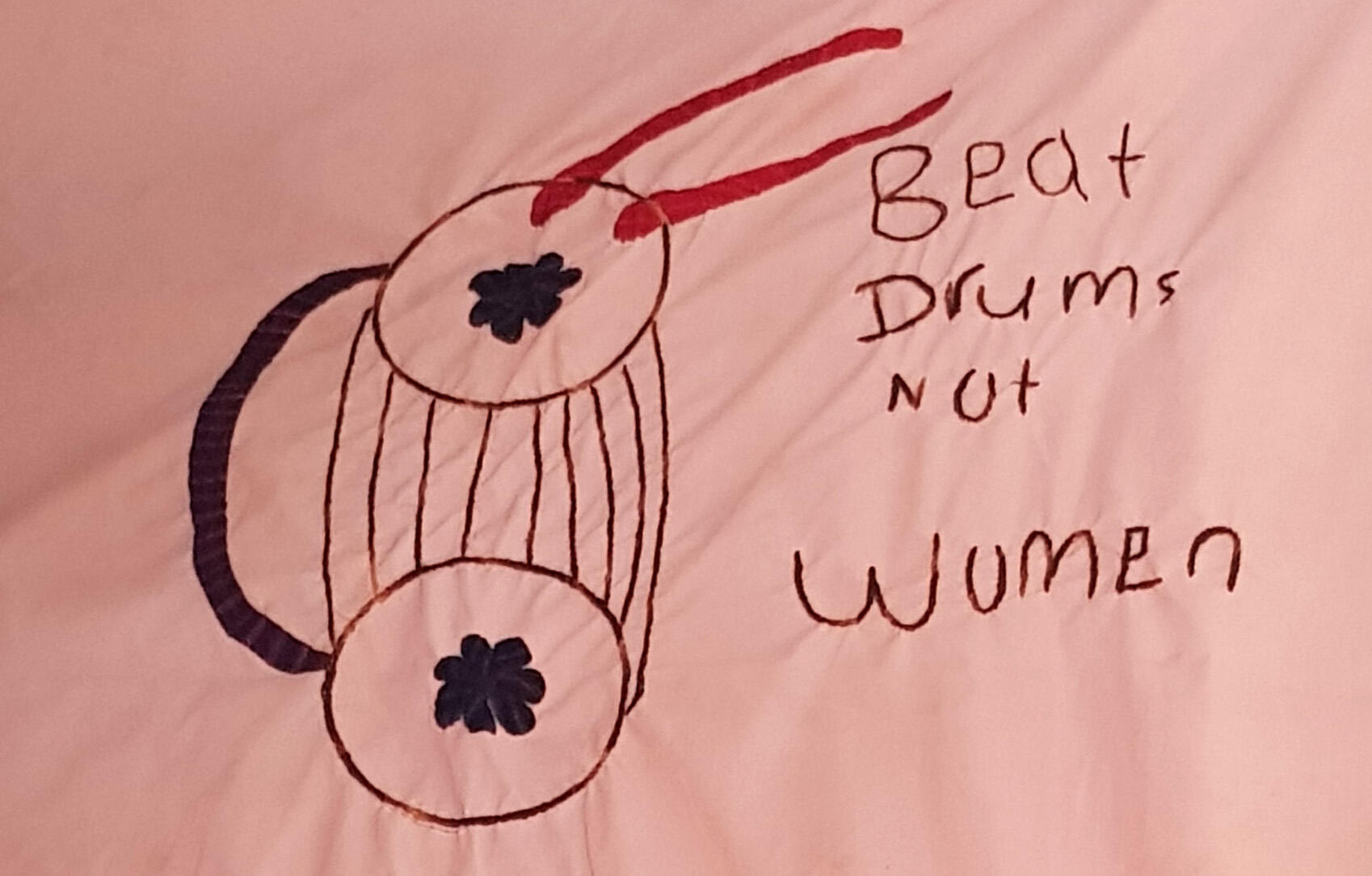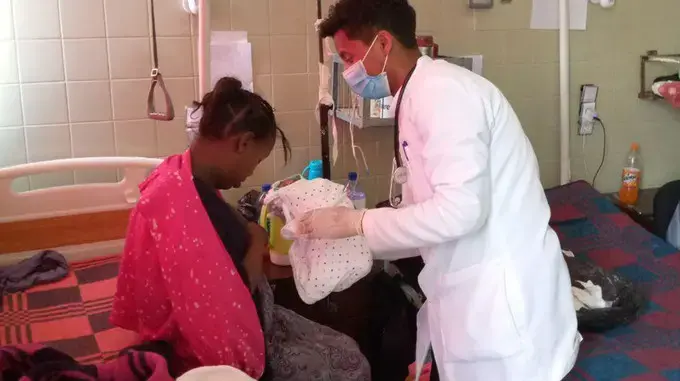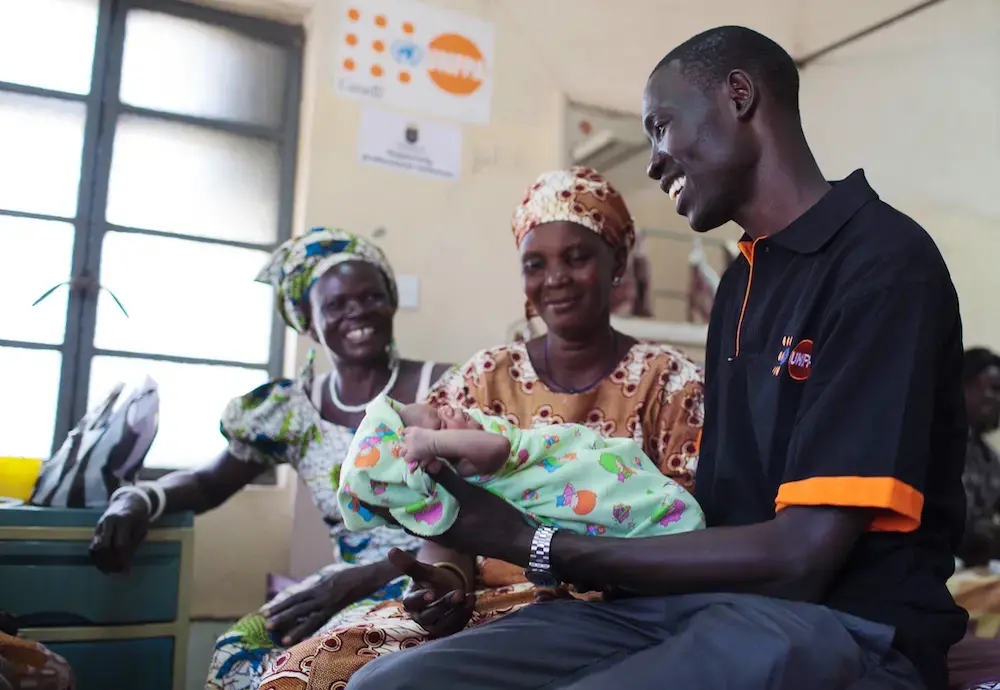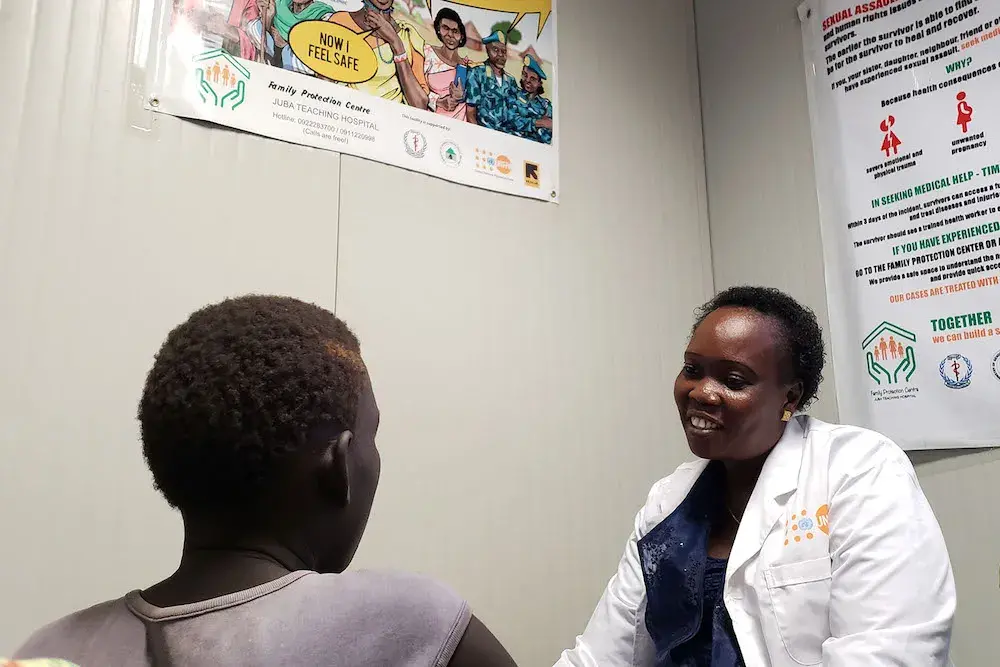BENTIU, South Sudan—Staying at home may be the safest way to avoid infection with the coronavirus, but for women and girls in Bentiu, South Sudan, it means greater vulnerability to gender-based violence.
“[Some] women suffer at the hands of their partners. Intimate partner violence is worse with the COVID-19 situation,” says Poni Rose Modo, a social worker at the Women and Girls-Friendly Space inside the UN Protection of Civilians (POC) site in Bentiu.
Following cases of COVID-19 in Bentiu POC, some men are taking the rather drastic step of moving their families out, in fear of being infected. Not surprisingly, this is a cause for dissent between couples. Women are more averse to leaving the POC as they feel protected and secure there.
The closure of schools due to COVID-19 has created an opportunity for parents to marry off young girls for money.
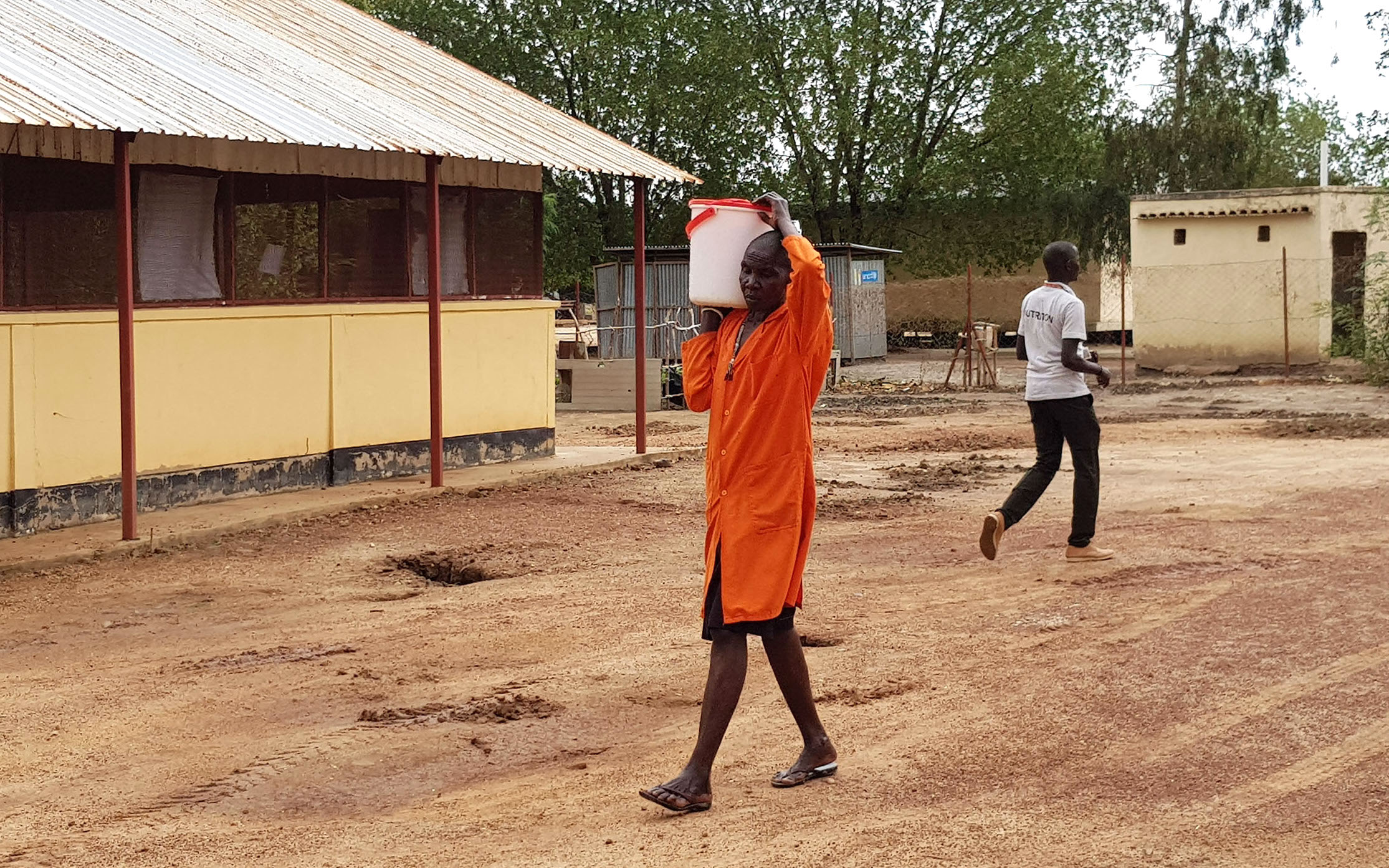
Girls also face a greater threat at home, thanks to the pandemic. “The closure of schools due to COVID-19 has created an opportunity for parents to marry off young girls for money,” Ms. Modo says.
By age 18, 45 per cent of girls are married in South Sudan. Girls who are married at an early age are at a greater risk of violence from their intimate partners, especially if there is a significant age gap between them.
With a population of more than 111,000 people displaced by years of conflict, Bentiu POC is the largest POC site in South Sudan. Bentiu POC received worldwide attention for the raping of women and girls by armed men when they left the camp to gather firewood for cooking food over a two-week period November 2018. These attacks were condemned widely by South Sudanese and global human rights leaders.
Widespread rape still occurring
Unfortunately, as South Sudan faces the coronavirus pandemic today, not much has changed. The rape of women is reported on a regular basis. Ms. Modo is among those on the frontline supporting survivors experiencing the physical, psychological and social trauma of GBV, in particular rape.
Women and girls ... are often the ones responsible to provide food for the family, including doing mundane tasks [such] as gathering firewood outside of the POC – this is where the physical assaults and rape by armed men commonly happen.
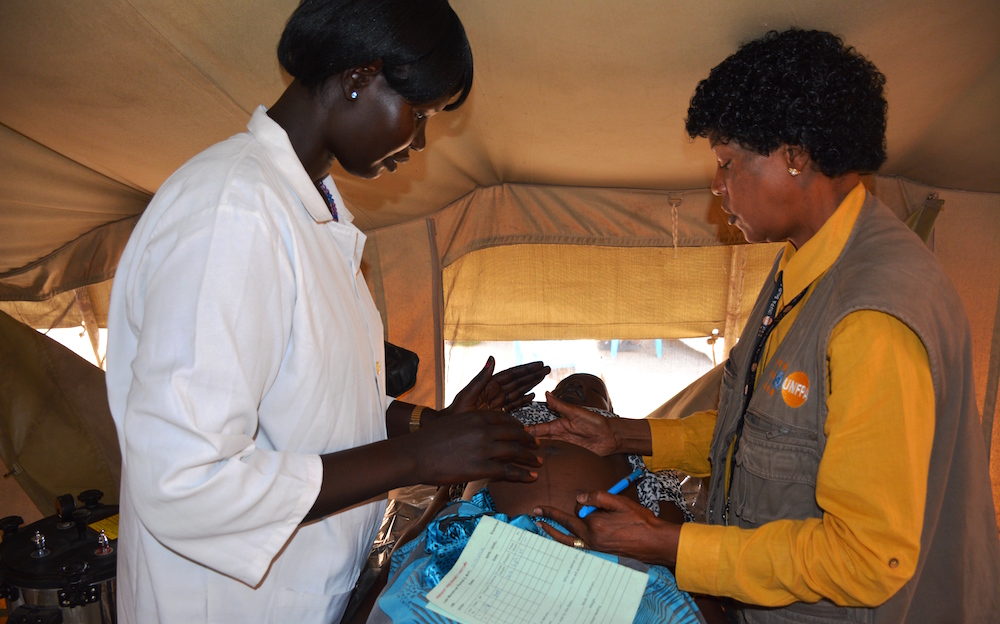
She provides counselling and psychosocial support to GBV survivors. She helps them through mental health issues and provides sexual and reproductive health information related to GBV. “I continuously follow up on the cases,” Ms. Modo says. She also closely monitors psychosocial support activities at the Women and Girls-Friendly Space.
“Women and girls in Bentiu are highly susceptible to GBV. They are often the ones responsible to provide food for the family, including doing mundane tasks [such] as gathering firewood outside of the POC – this is where the physical assaults and rape by armed men commonly happen,” she says.
Even though the government is urging people to stay at home to reduce their possible exposure to COVID-19, GBV remains a threat for women and girls in the home environment.
Ms. Modo has been working with GBV survivors for seven years. Despite the steep challenges and frustrations of her work, she remains steadfastly committed to supporting them.
“I understand the pain that women and girls go through and I feel that I should continue to try to bring positive change to their lives,” she says.
The Women and Girls-Friendly Space at Bentiu POC is supported by UNFPA, the United Nations sexual and reproductive health agency, through the International Rescue Committee (IRC). UNFPA supports eight safe spaces in the country.
In 2018, almost 97,000 women and girls accessed services at Service Delivery Points that are equipped with post-rape kits, with UNFPA support. In the same year, more than 26,000 survivors of GBV were assisted, also with UNFPA support.
“Enact laws to protect GBV survivors”
Despite proactive measures such as these, the threat to women and girls displaced by the conflict in South Sudan remains. With a population of over 12 million, more than 5.8 million people are in need, and 51 per cent are women and girls. Change is needed, Ms. Modo believes.
I believe that once perpetrators are punished, it will set a precedent for others to stop committing crimes against women and girls.
“All it takes is for the government to enact and implement laws that will protect GBV survivors. I believe that once perpetrators are punished, it will set a precedent for others to stop committing crimes against women and girls. And this will only be possible when genuine peace is in place.
“I am optimistic that one day, women will be able to fully embrace their rights,” she says.
UNFPA is working with the IRC and other partners, including the Ministry of Gender, Child and Social Welfare, to ensure that the Women and Girls-Friendly Spaces and one-stop centres remain open for GBV survivors, despite COVID-19-related restrictions. A toll-free nationwide GBV hotline has been opened for GBV survivors, so that they can access critical assistance as and when needed, also with UNFPA’s support.
Even in times of crisis such as this, women and girls should be able to access critical services such as these, as and when they need it.

